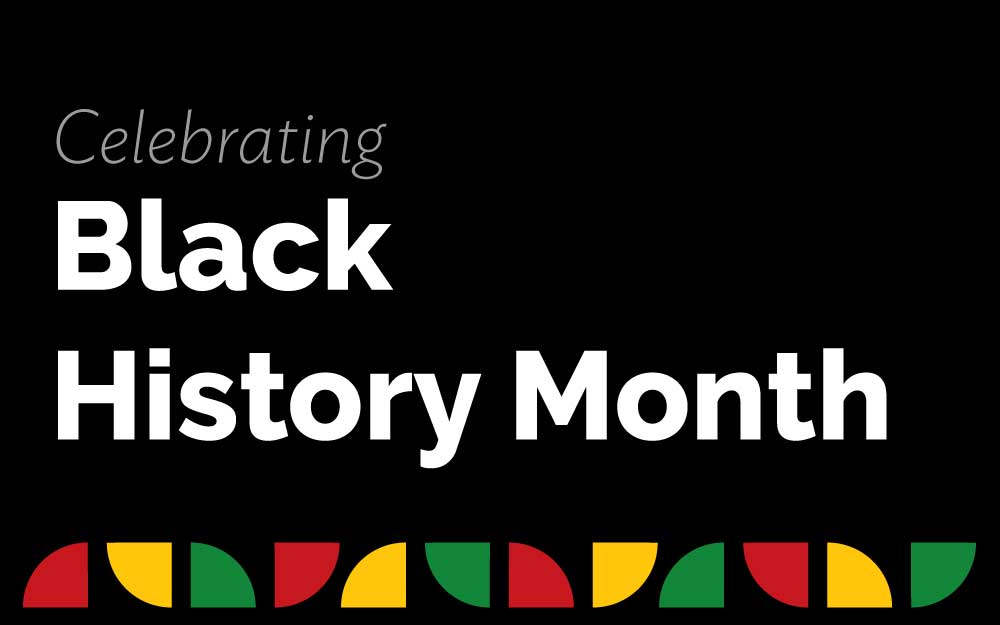As we continue to observe Black History Month at Rogers, we’re celebrating Black pioneers in mental health and sharing resources for the Black community.
Black pioneers in mental health
Mental Health America highlights the many contributions Black Americans have made to the field of mental health. Below we highlight some of these pioneers and their stories.
- Robert Lee Williams, II was the creator of the Black Intelligence Test of Cultural Homogeneity, an intelligence test specifically oriented toward Black experiences, language, and culture. The data collected from this test helped shatter the notion that Black people had lower average intelligence than white people and showed, rather, that differences in previous IQ data were likely the result of speech and experiential differences skewing IQ test results in favor of white people.
- Bebe Moore Campbell was an American author, journalist, teacher, and advocate who worked tirelessly to shed light on the mental health needs of the Black and other underrepresented communities. She founded NAMI-Inglewood in a predominantly Black neighborhood to create a space that was safe for Black people to talk about concerns.
- Kitch Childs, PhD helped found the Association for Women in Psychology in 1969 and was also a founding member of Chicago’s Gay Liberation Front. In addition to being a leader for women in psychology and the LGBTQ+ community, she also owned her own practice in which she provided therapy to LGBTQ+ individuals, people living with HIV/AIDS, and other marginalized members of her community.
- Francis Cecil Sumner, PhD was the first Black man to earn his PhD in psychology. Dr. Sumner was accepted into Clark University’s doctoral psychology program but was then drafted to serve in WWI. Upon his return, he re-enrolled and his dissertation was accepted. Dr. Sumner struggled to get his research published because of the color of his skin but persisted nonetheless and was able to publish several articles. He is also one of the founding members of the Howard University Psychology Department.
To learn more about these and other Black pioneers in mental health, visit Mental Health America’s website.
Mental health resources for the Black community
- Identity and Cultural Dimensions – Black/African American
- Black Pioneers in Mental Health
- Black and African American Communities and Mental Health
- Depression in Black Americans
For more information about Black History Month, visit the Association for the Study of African American Life and History (ASALH) website.
If you or a loved one is struggling with their mental health, request a free, confidential screening by calling 800-767-4411. You can also request a screening online here.


